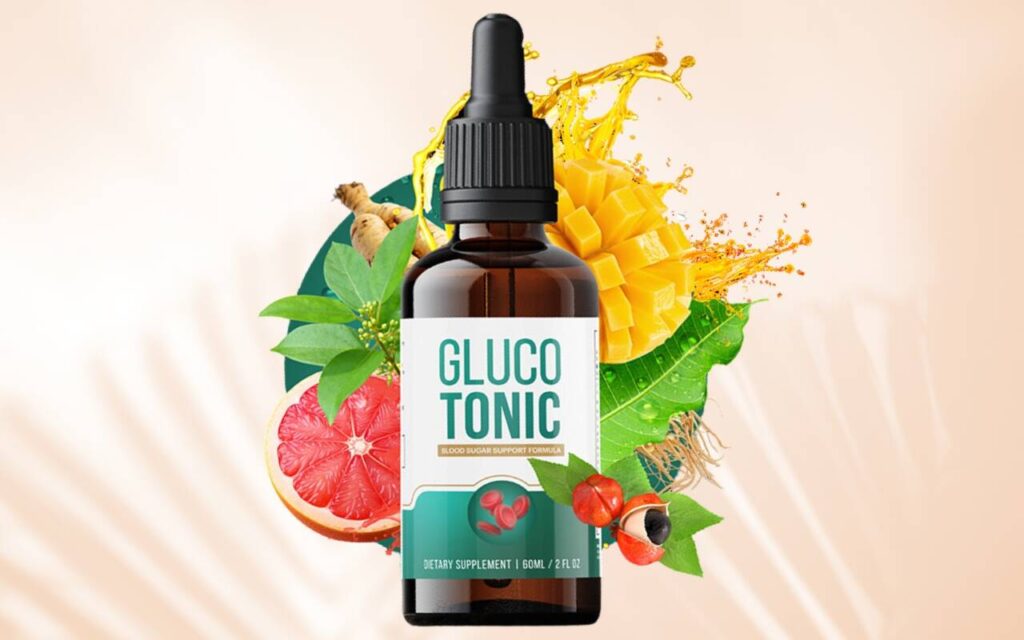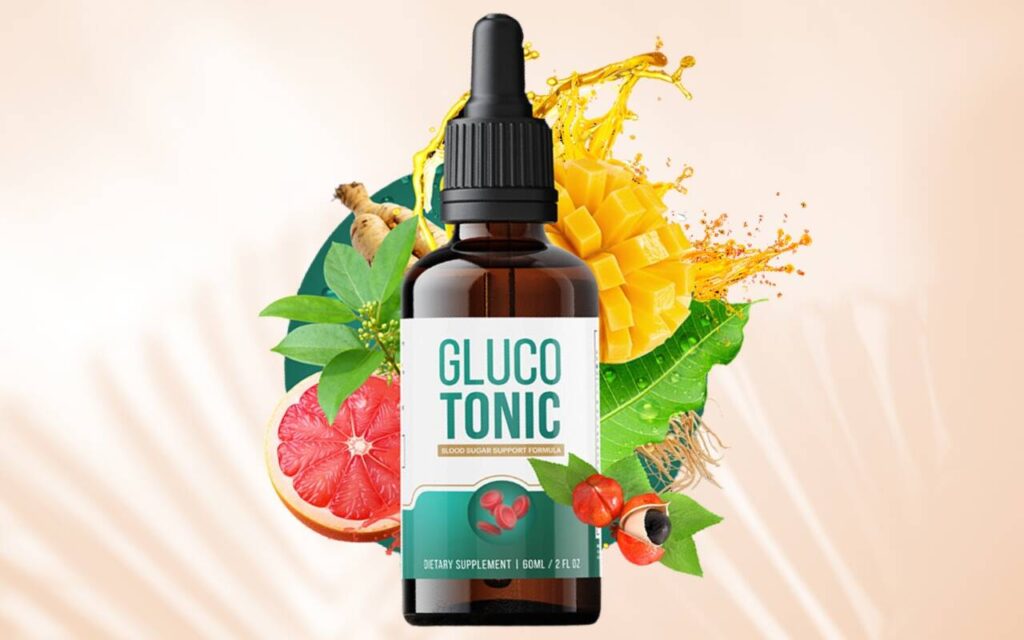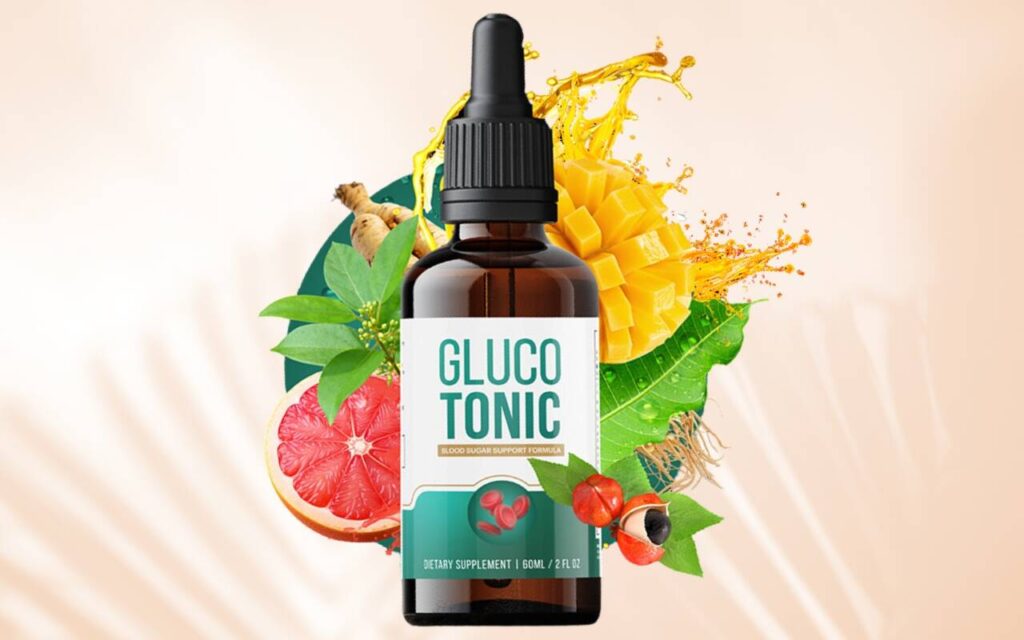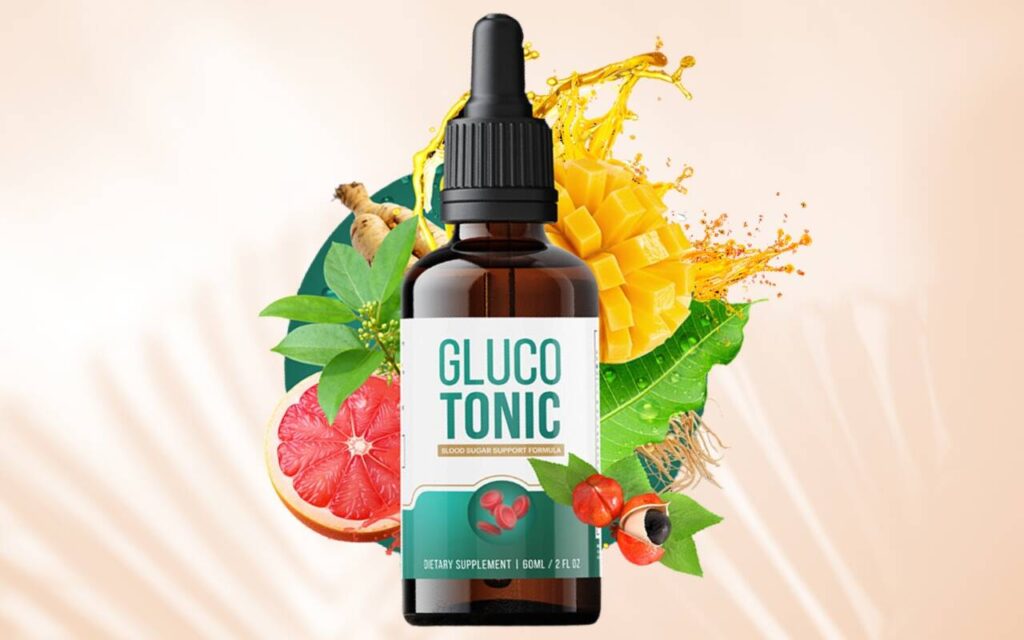Supplements to Lower Blood Sugar Naturally at Home
Managing blood sugar levels is a critical aspect of maintaining overall health, especially for individuals with diabetes or prediabetes. While lifestyle changes like diet and exercise play a significant role, certain supplements to lower blood sugar naturally can provide additional support. This article explores evidence-based supplements that may help regulate glucose levels safely and effectively from the comfort of your home.
Understanding Blood Sugar and Its Impact
Before diving into supplements, it’s essential to understand how blood sugar works. Blood glucose is the primary energy source for cells, but consistently high levels can lead to insulin resistance, diabetes, and other complications. The body relies on insulin to transport glucose into cells, but factors like poor diet, stress, and inactivity can disrupt this process.
Incorporating supplements to lower blood sugar naturally alongside a balanced lifestyle may enhance metabolic health. Below, we examine the most promising options backed by research.
Top Supplements to Lower Blood Sugar Naturally
1. Berberine
Berberine is a bioactive compound extracted from plants like goldenseal and barberry. It’s often called "nature’s metformin" due to its potent glucose-lowering effects.
How It Works:
- Activates AMP-activated protein kinase (AMPK), a molecule that improves insulin sensitivity.
- Reduces glucose production in the liver.
- Enhances glycolysis, helping the body break down sugars more efficiently.
Dosage: 500 mg, 2–3 times daily before meals.
Research Insight: A 2012 meta-analysis found berberine as effective as pharmaceutical drugs in lowering fasting and post-meal blood sugar levels.
2. Cinnamon
Cinnamon isn’t just a flavorful spice—it’s also a powerful supplement to lower blood sugar naturally.
How It Works:
- Mimics insulin, improving glucose uptake by cells.
- Slows carbohydrate breakdown in the gut, reducing post-meal blood sugar spikes.
Types Matter: Ceylon cinnamon ("true" cinnamon) is safer for long-term use than cassia cinnamon, which contains coumarin (a liver toxin in high doses).
Dosage: 1–6 grams daily (about ½ to 2 teaspoons).
Research Insight: A 2013 study showed cinnamon reduced fasting blood sugar by 10–29% in diabetic patients.
3. Alpha-Lipoic Acid (ALA)
ALA is a potent antioxidant that supports nerve health and glucose metabolism.
How It Works:
- Enhances insulin sensitivity.
- Reduces oxidative stress linked to high blood sugar.
- May alleviate diabetic neuropathy symptoms.
Dosage: 300–600 mg daily.
Research Insight: A 2018 study found ALA improved insulin sensitivity in patients with type 2 diabetes.
4. Chromium
Chromium is a trace mineral crucial for carbohydrate and lipid metabolism.
How It Works:
- Boosts insulin receptor activity, improving glucose uptake.
- Reduces sugar cravings by stabilizing blood sugar fluctuations.
Forms: Chromium picolinate is the most absorbable form.
Dosage: 200–1,000 mcg daily.
Research Insight: A 2019 review concluded chromium supplementation significantly lowered fasting glucose and HbA1c levels.
5. Magnesium
Magnesium deficiency is common in diabetics and linked to insulin resistance.
How It Works:
- Regulates insulin secretion and action.
- Supports enzyme reactions involved in glucose metabolism.
Best Forms: Magnesium glycinate or citrate for better absorption.
Dosage: 200–400 mg daily.
Research Insight: A 2016 study found higher magnesium intake reduced diabetes risk by 14–33%.
6. Fenugreek
Fenugreek seeds are rich in soluble fiber and compounds that slow carbohydrate absorption.
How It Works:
- Delays gastric emptying, preventing blood sugar spikes.
- Increases insulin sensitivity.
Dosage: 5–50 grams of seeds daily or 500–1,000 mg of extract.
Research Insight: A 2015 trial reported fenugreek reduced fasting glucose by 13.4% in type 2 diabetics.
7. Gymnema Sylvestre
Known as the "sugar destroyer," this Ayurvedic herb reduces sugar absorption.
How It Works:
- Blocks sugar receptors in the intestines.
- May regenerate pancreatic beta cells, enhancing insulin production.
Dosage: 200–400 mg daily of extract.
Research Insight: A 2020 study noted Gymnema reduced HbA1c by up to 1.6% over six months.
8. Omega-3 Fatty Acids
Found in fish oil, omega-3s combat inflammation linked to insulin resistance.
How It Works:
- Lowers triglycerides, improving metabolic health.
- Enhances cell membrane fluidity for better insulin signaling.
Dosage: 1,000–3,000 mg of combined EPA/DHA daily.
Research Insight: A 2017 meta-analysis linked omega-3s to improved fasting insulin levels.
Combining Supplements for Optimal Results
While individual supplements show promise, combining them may yield synergistic effects. For example:
- Berberine + Cinnamon: Targets both insulin sensitivity and glucose absorption.
- Chromium + Magnesium: Supports insulin function and glucose metabolism.
Always consult a healthcare provider before stacking supplements, especially if taking medications like insulin or metformin.
Lifestyle Tips to Enhance Supplement Efficacy
Supplements work best alongside healthy habits:
- Balanced Diet: Prioritize fiber-rich foods (vegetables, legumes), lean proteins, and healthy fats. Avoid refined sugars and processed carbs.
- Regular Exercise: Both aerobic and resistance training improve insulin sensitivity.
- Stress Management: Chronic stress raises cortisol, increasing blood sugar. Try yoga or meditation.
- Adequate Sleep: Poor sleep disrupts glucose metabolism. Aim for 7–9 hours nightly.
Potential Risks and Considerations
While supplements to lower blood sugar naturally are generally safe, consider:
- Drug Interactions: Berberine and cinnamon may enhance the effects of diabetes medications, risking hypoglycemia.
- Quality Matters: Choose third-party tested supplements (look for NSF or USP seals).
- Individual Variability: What works for one person may not for another. Monitor blood sugar levels closely.
Conclusion
Incorporating supplements to lower blood sugar naturally can be a valuable strategy for managing glucose levels at home. From berberine’s insulin-sensitizing effects to cinnamon’s glucose-lowering properties, these natural options offer science-backed benefits. However, they should complement—not replace—a healthy lifestyle and medical advice.
By understanding how each supplement works and combining them thoughtfully, you can take proactive steps toward better metabolic health. Always consult a healthcare professional to tailor a plan suited to your unique needs.
Frequently Asked Questions
FAQ
-
What are the best supplements to lower blood sugar naturally?
Some effective supplements include cinnamon, berberine, chromium, and alpha-lipoic acid, which may help improve insulin sensitivity and regulate blood sugar levels. -
How long does it take for supplements to lower blood sugar?
Results vary, but some people notice improvements within a few weeks. Consistency and proper dosage, along with a healthy diet, play a key role. -
Are there any side effects of taking blood sugar-lowering supplements?
Some supplements may cause mild side effects like digestive discomfort. Always consult a healthcare provider before starting any new supplement, especially if you take medications. -
Can supplements replace a healthy diet for managing blood sugar?
No, supplements should complement—not replace—a balanced diet, regular exercise, and other healthy lifestyle habits for optimal blood sugar control.





